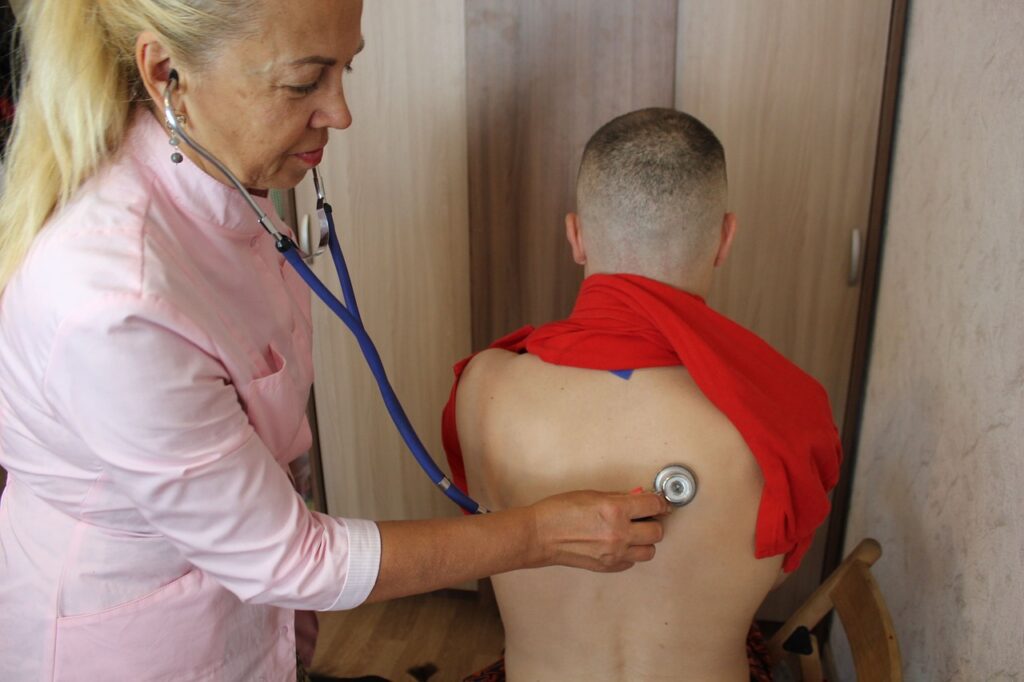By Garret DeReus, December 27, 2024
Home health aides serve as essential caregivers for individuals who require medical assistance and support in their homes. These professionals, working under the supervision of registered nurses and as part of home health agencies, have specific responsibilities that directly impact patient safety and well-being. Some of their duties and required qualifications are outlined in Louisiana Administrative Code Title 48, Part I, § 9103, which provides regulations for various personnel working in home health agencies, including nurses, therapists, and home health aides.

Daily Care Responsibilities
Home health aides are required to monitor and record vital signs during each visit, promptly notifying the supervising registered nurse of any concerning changes. Their primary duties focus on assisting patients with Activities of Daily Living (ADLs), including mobility, transferring, walking, grooming, bathing, dressing, eating, and toileting.
Personal Hygiene and Safety
One of the most important responsibilities of a home health aide is assisting patients with personal hygiene, including bathing and skin care. This duty requires careful attention to safety details. For example, when helping patients bathe, aides must ensure water temperature is appropriate to prevent scalding, which can cause severe burns, particularly in elderly patients who may have sensitive skin or individuals with intellectual or developmental disabilities who cannot safely operate hot water controls. They must also properly cleanse and dry the skin to prevent infections, and carefully assist with oral hygiene to maintain dental health.
Mobility and Pressure Ulcer Prevention
A critical aspect of a home health aide’s role is helping patients with mobility, including getting in and out of bed and assisting with walking. Regular movement and repositioning are essential to prevent pressure ulcers, which can develop when patients remain in one position for too long. These painful wounds occur when prolonged pressure reduces blood flow to the skin and underlying tissues. If a home health aide neglects to help patients change positions or get out of bed as required, patients can develop these serious complications, which may lead to severe infections and other medical complications.
Additional Medical Support
Under proper delegation from registered nurses, home health aides may perform certain medical tasks. They are authorized to administer specific over-the-counter treatments when included in the patient’s plan of care, such as disposable enemas and certain suppositories. Additionally, they may assist patients with prescribed exercises that both the aide and patient have been properly trained to perform.
Documentation Requirements
Home health aides must maintain detailed clinical notes for each visit, which become part of the patient’s official medical record. This documentation is crucial for tracking patient progress, ensuring continuity of care, and maintaining compliance with healthcare regulations.
Preserving Patient Dignity
A home health aide’s responsibilities go beyond basic medical care – they play a crucial role in maintaining a patient’s dignity and quality of life. Through assistance with daily tasks like bathing, toileting, and dressing, these aides help patients maintain cleanliness, comfort, and self-respect. Clean clothing, good hygiene, and proper grooming contribute significantly to a person’s sense of self-worth and emotional well-being. The ability to remain clean and well-groomed can also facilitate social interactions and family relationships, helping prevent the isolation that often accompanies medical dependency.
When Home Health Aides Fail Their Duties
Neglect of these fundamental care duties can constitute abuse and have devastating effects on a patient’s physical and emotional well-being. When a home health aide fails to assist with regular bathing, neglects to help with toileting needs, or leaves a patient in soiled clothing, it can lead to not only physical problems like skin infections and ulcers but also profound psychological distress and humiliation. Such neglect can make patients feel dehumanized and stripped of their dignity, potentially leading to depression and withdrawal from family and social interactions.
The Impact of Quality Care
Conversely, when home health aides perform their duties with attention and compassion, they help preserve not only their patients’ health but also their sense of humanity and self-worth. Simple acts like ensuring a patient has clean, properly fitting clothes, maintaining their preferred grooming routines, and respecting their privacy during personal care tasks can make a significant difference in a patient’s emotional well-being and overall quality of life. These aspects of care are not merely conveniences – they are fundamental human rights that directly impact a patient’s dignity and mental health.
Working Within a Regulated Framework
As employees of home health agencies, these aides operate within strict state and federal regulations designed to protect patient safety. Their work must comply with Louisiana state regulations, Medicare requirements when applicable, and various civil rights laws including the Americans with Disabilities Act. When home health aides fail to meet their responsibilities or provide substandard care, patients may suffer serious consequences and agencies may face legal liability.
If you believe a home health aide has provided negligent care or failed to meet their required responsibilities, resulting in injury or harm to yourself or a loved one, you may have legal rights and remedies available under both Louisiana and federal law.